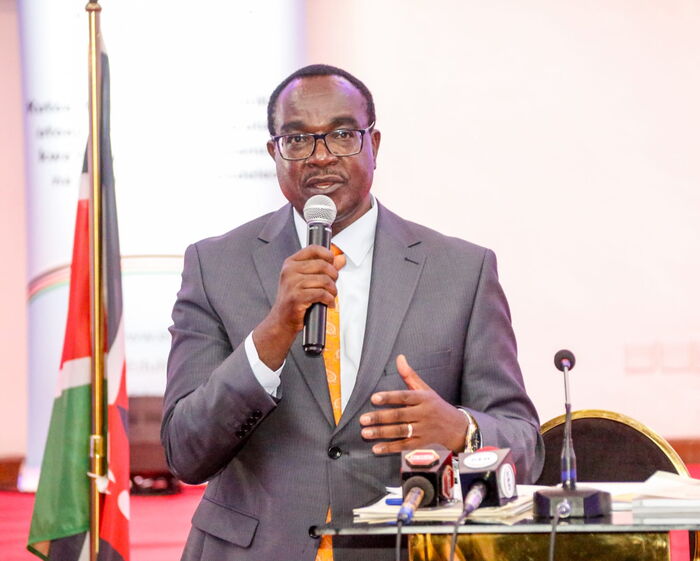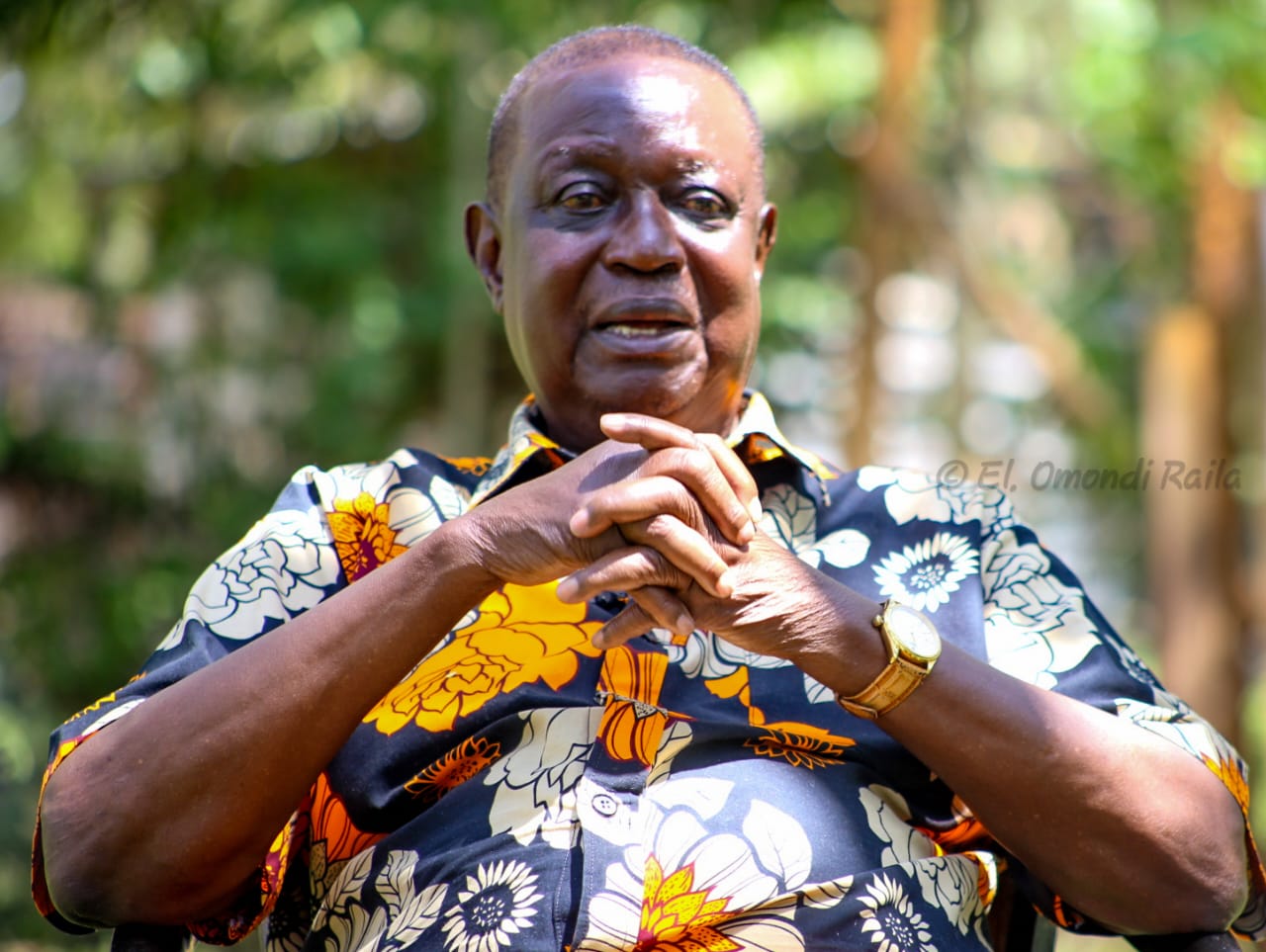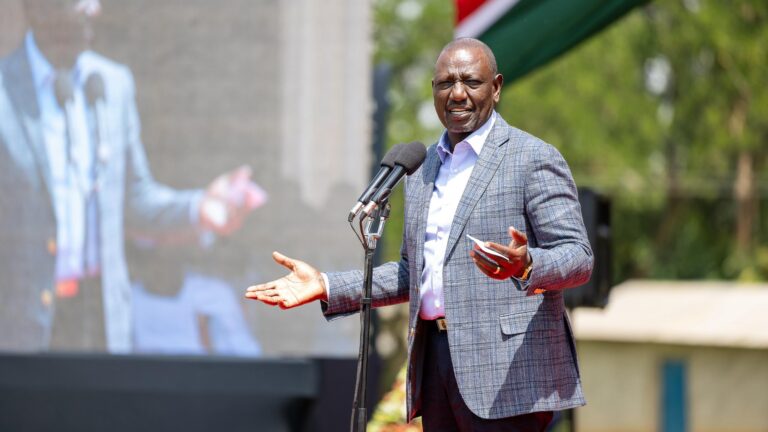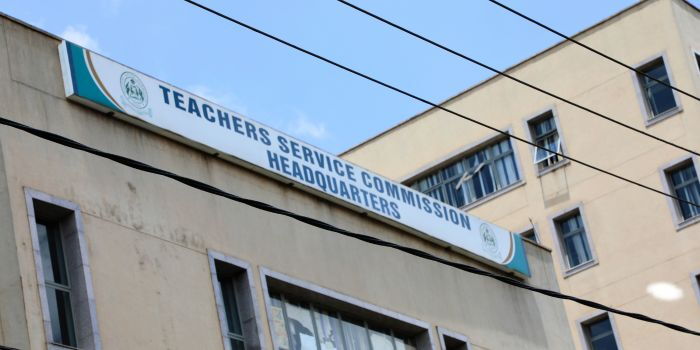
In a bold move to enforce stability and professionalism in higher education, Education Cabinet Secretary Julius Migos Ogamba has issued a sweeping leadership reform across public universities. The changes, gazetted on July 25, reappointed and installed new members into several university councils to bolster governance and policy oversight nationwide.
Under the authority of the Universities Act, Ogamba extended a fresh three‑year term to KUCCPS Chair Cyrus Gituai, reinforcing his university placement oversight role. At the University of Nairobi, seasoned academic Prof. Chacha Nyaigotti‑Chacha has been named chair of the council alongside new council members Ambassador John Kakonge, Samuel Njuguna Kimani, Dr. Jonathan Lodompui, and Mary Amuyunzu.
Other major shifts include Egerton University receiving a new council chair, Prof. James Sang, and university council members Mohamed Ahmed Mohamed and Amos Okello. Kenyatta University saw reappointments of Maj Gen (retired) Bashir Yusuf and Alice Waruguru, with new additions Joash Mokamba Keraita and Isaac Opuya Litali.

At Kisii University, Prof. P. M. Kutima assumes chairmanship with Pamela Ochieng, Peter Mageto and Mwenda Makathimo joining the council. Additional institutions impacted include Universites of Embu, Eldoret, Murang’a, Garissa, Nyandarua, Bomet and others—which all received fresh representation or reappointments.
All changes are effective for the next three years starting July 25. Education officials explained that the shake-up responds to governance gaps identified in the sector. Hundreds of thousands of university students have been studying in institutions without operational councils, according to Education CS Ogamba, attributing past leadership failures to political patronage and lack of merit-based appointments.
Analysts say this ambitious restructuring signals a new direction: reinforcing institutional checks, promoting compliance with statutory mandates, and cutting ties with politically motivated appointments. The changes are also expected to ease chronic under‑investment and mismanagement flagged in recent audits. But that is not all.
CS Ogamba has previously directed universities to halt over-hiring non-academic staff—another measure aimed at controlling costs and enhancing efficiency. This leadership overhaul arrives amid mounting calls for education reform and accountability.
Whether these sweeping changes will translate into improved service delivery or spark friction among entrenched university elites remains to be seen—but one thing is clear: Ogamba has disrupted the status quo and is steering Kenya’s public universities toward a new era.
What to Watch Next:
Confirmed appointments in council meetings and whether leadership dynamics shift within institutions.Implementation of audit recommendations tied to funding, staffing, and infrastructure use.
Improvements—or backlash—within universities grappling with entrenched governance bottlenecks.Kenya’s university sector now enters a critical phase, as the Ministry of Education repositions itself at the helm of higher education reform.







